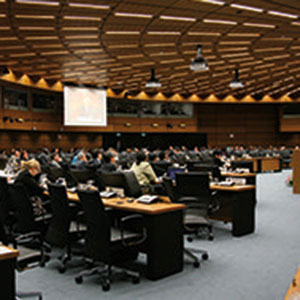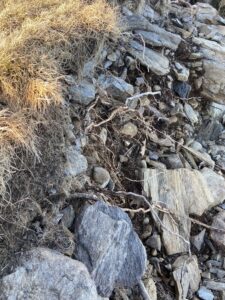New report ‘braids’ Indigenous and Western knowledge for forest adaptation strategies against climate change
University of WashingtonSevere droughts and wildfires, invasive species, and large insect outbreaks are straining national forests and surrounding lands. A new report outlines a new approach to forest stewardship that “braids together” Indigenous knowledge and Western science to conserve and restore more resilient forestlands in the U.S.














































